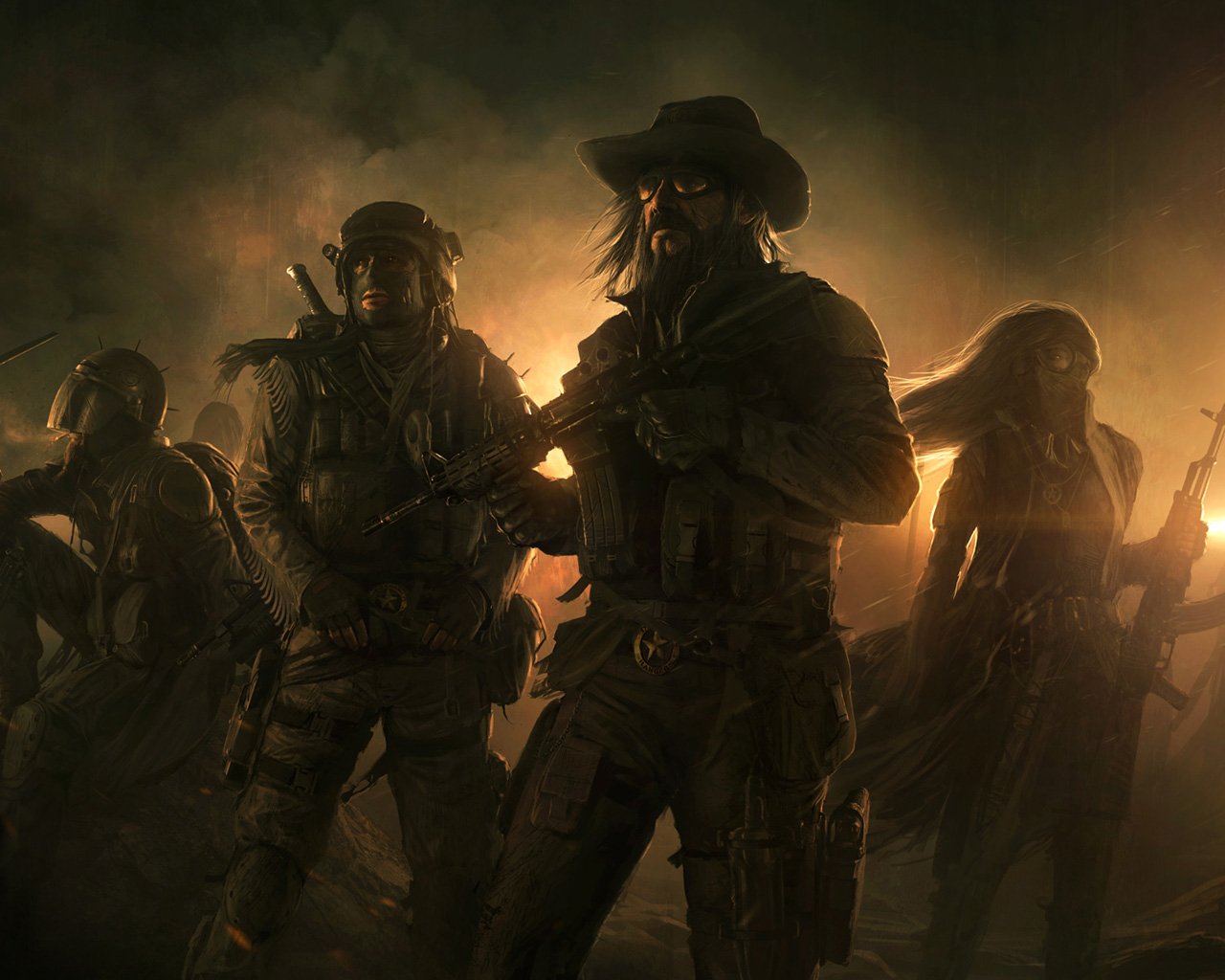InXile is currently working hard on Wasteland 2, a Kickstarter project they raised roughly $3 million for. InXile’s Brian Fargo used his keynote address at Unite conference 2012 to talk about his sheer enthusiasm for the freedom they’ve received from user funding.
“We’ve been working on Wasteland 2 for about 100 days, with no distractions from any kind of corporate overlord,” said Fargo. “We have hundreds of pages of design done, we have our first music in, we have our basic UI up-and-running, and we’ve taken our first screenshots. The bottom line is that, without any interruption, we’re kicking ass.”
Fargo notes that while the model of larger and larger studios working on console games has started to be disrupted by smaller development teams. What’s powering this is new platforms, new distribution methods, developer tools like Unity and financing secured through crowd-funding.
For Fargo, crowd-sourcing goes beyond funding. “I’m slow to the party on this one, but we’re really utilizing it in a big way. People ask why we chose Unity, and it has a lot of technical positives, but really, for me, it came down to the store, the communication and the sharing of knowledge. That’s the real power of Unity; it’s not the technical aspects. You can’t beat the crowd.”

With elements like Kickstarter and Unity, Fargo believes that more and more developers will be able to retain creative control while still having financial security. These things will raise the quality of what developers produce, he asserts.
“Corporations don’t have artistic integrity; people do. This sort of integrity impacts on production and how a property is exploited… There are employees of these organizations that have this integrity, but they don’t have the power to do anything about it,” said Fargo. “The best creative work we’re seeing is from creative people who have the power, or the financing, to control their destinies… These visionaries can be within an organization: Rockstar would not achieve the level of quality it does if Sam Houser wasn’t running that place with an iron fist. He’s not a corporation; he’s a person.”
Fargo listed individuals and organizations that have helped spur creativity like Shigeru Miyamoto, Yu Suzuki, Hideo Kojima, Ken Levine, Valve, Blizzard, Epic Games, Jonathan Blow and Edmund McMillen. Fargo also clams that indie developers help each other financially, noting the sources of Wasteland 2‘s largest Kickstarter pledges.
“Look at Notch. He’s invested hundreds of thousands of dollars in Kickstarter projects. You don’t see that coming from publishers,” said Fargo. “As we do well, we tend to help each other out. Once there are more developers that control their destiny through IP ownership or otherwise, it will allow the wealth in our business to be distributed more evenly. Good things always come from that. When so much of the money is consolidated in a few publishers, it’s no good for any of us.”
Fargo has launched Kicking It Forward, where projects pledge 5 percent of any profits from their crowd-funded projects back into the Kickstarter ecosystem, which has 100 projects pledged so far. “If one Minecraft comes along, that’s going to put $2 million or $3 million back into the ecosystem to for other people, and it’s going to help find the next one,” said Fargo.
Source: GamesIndustry International

